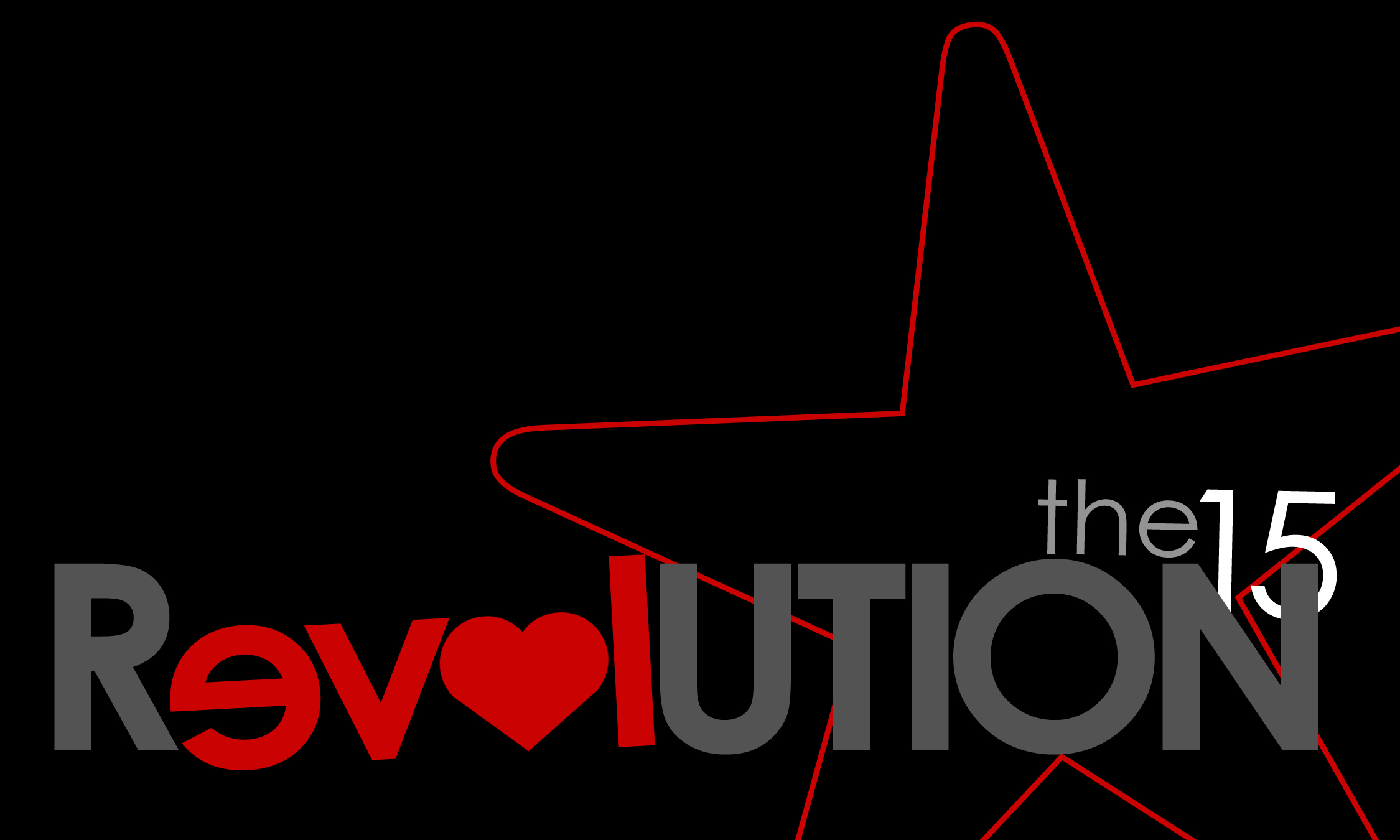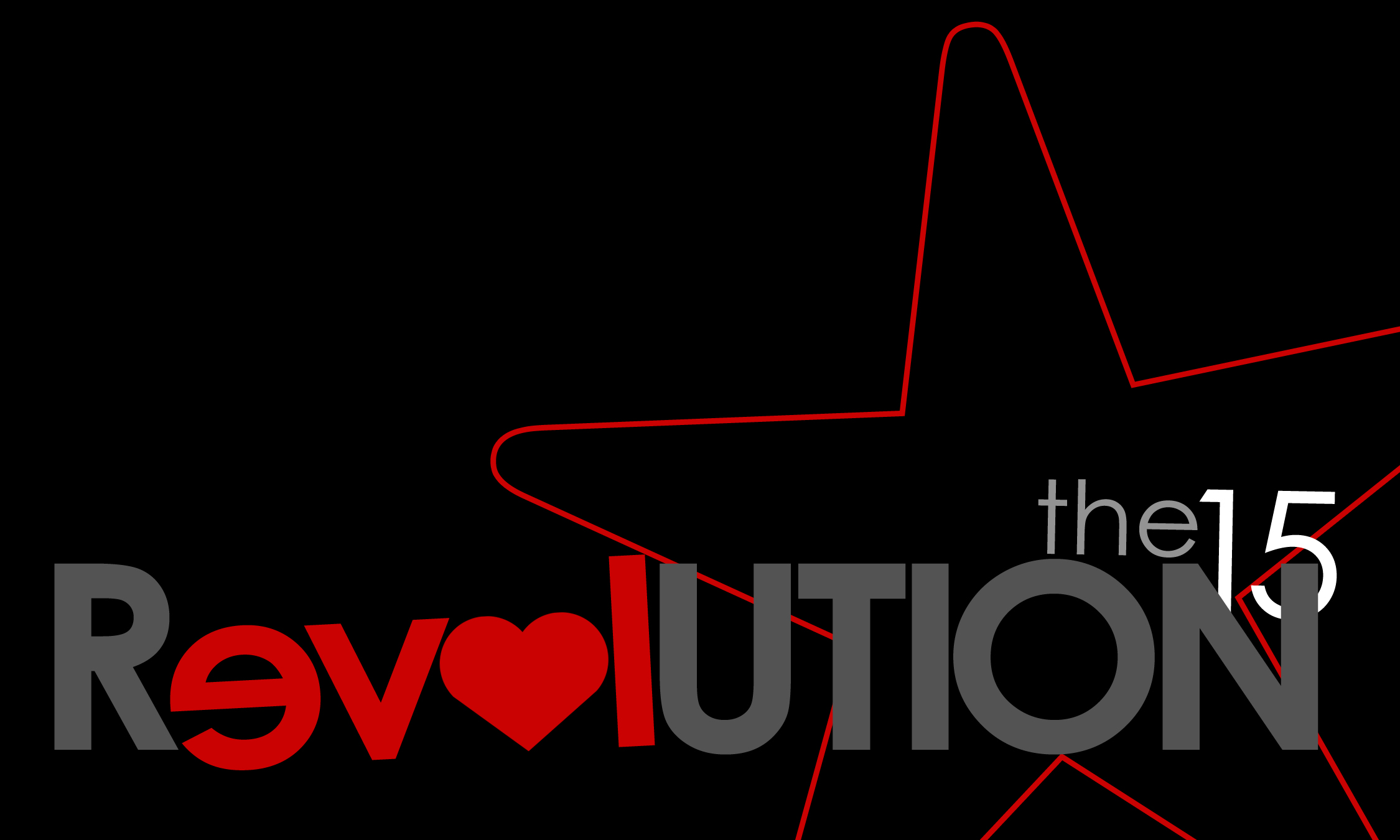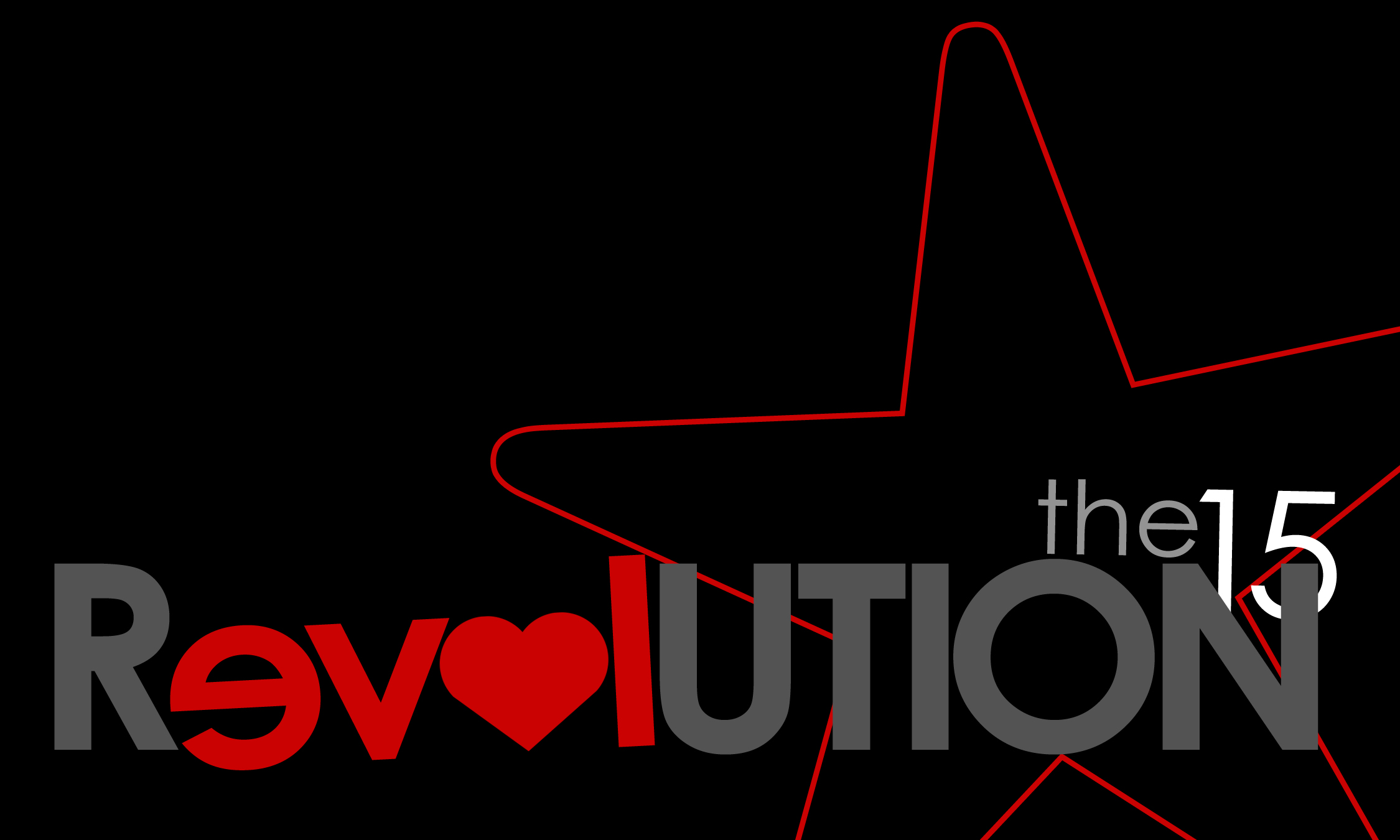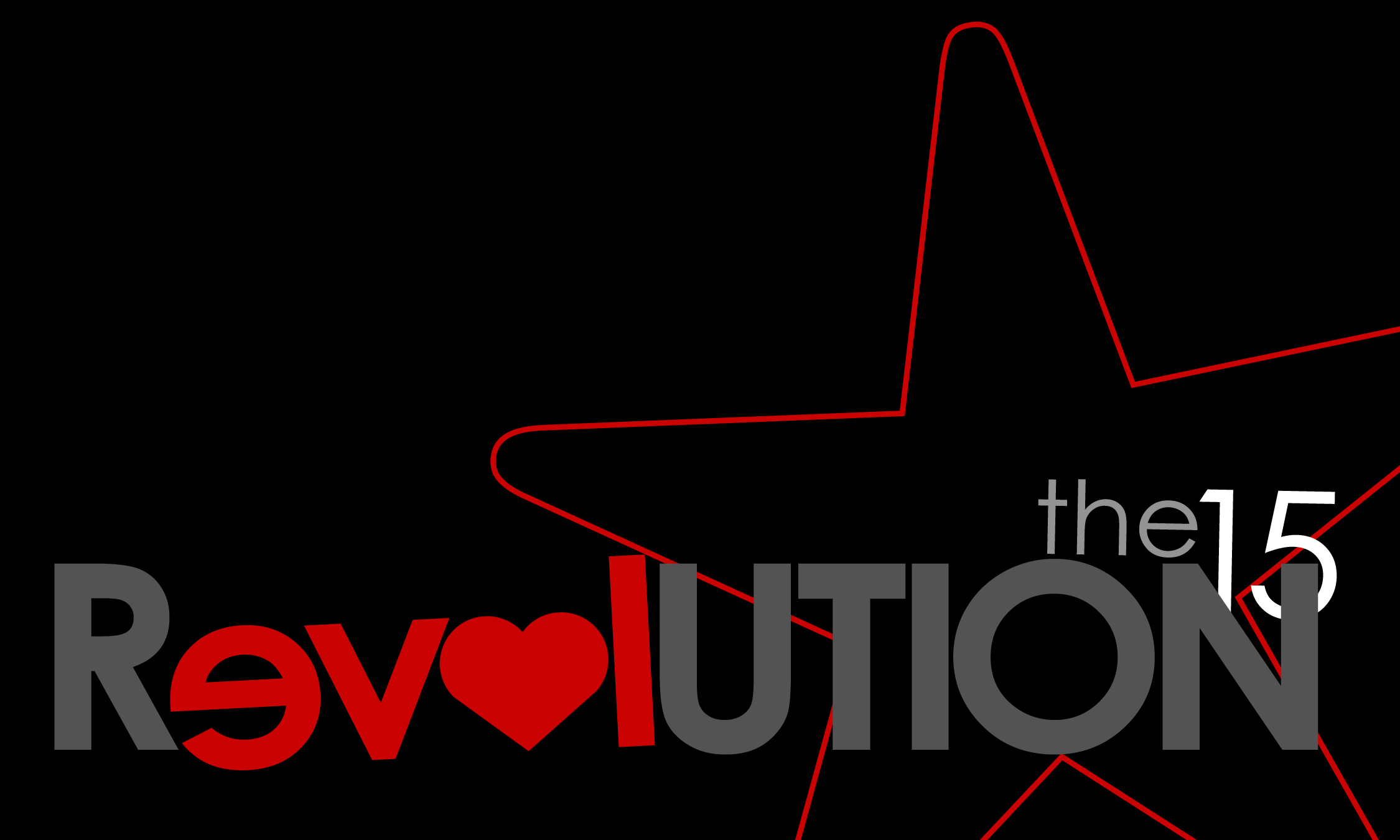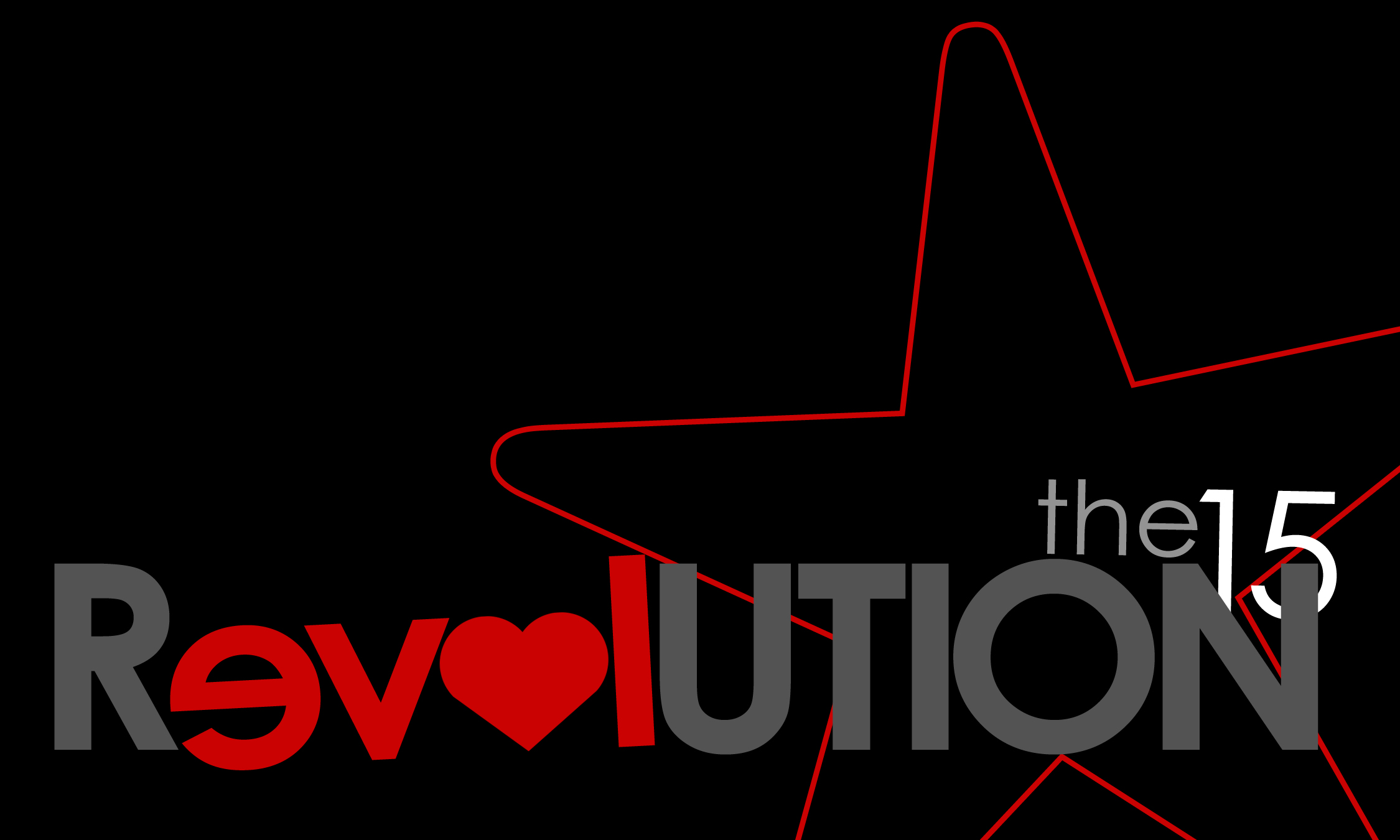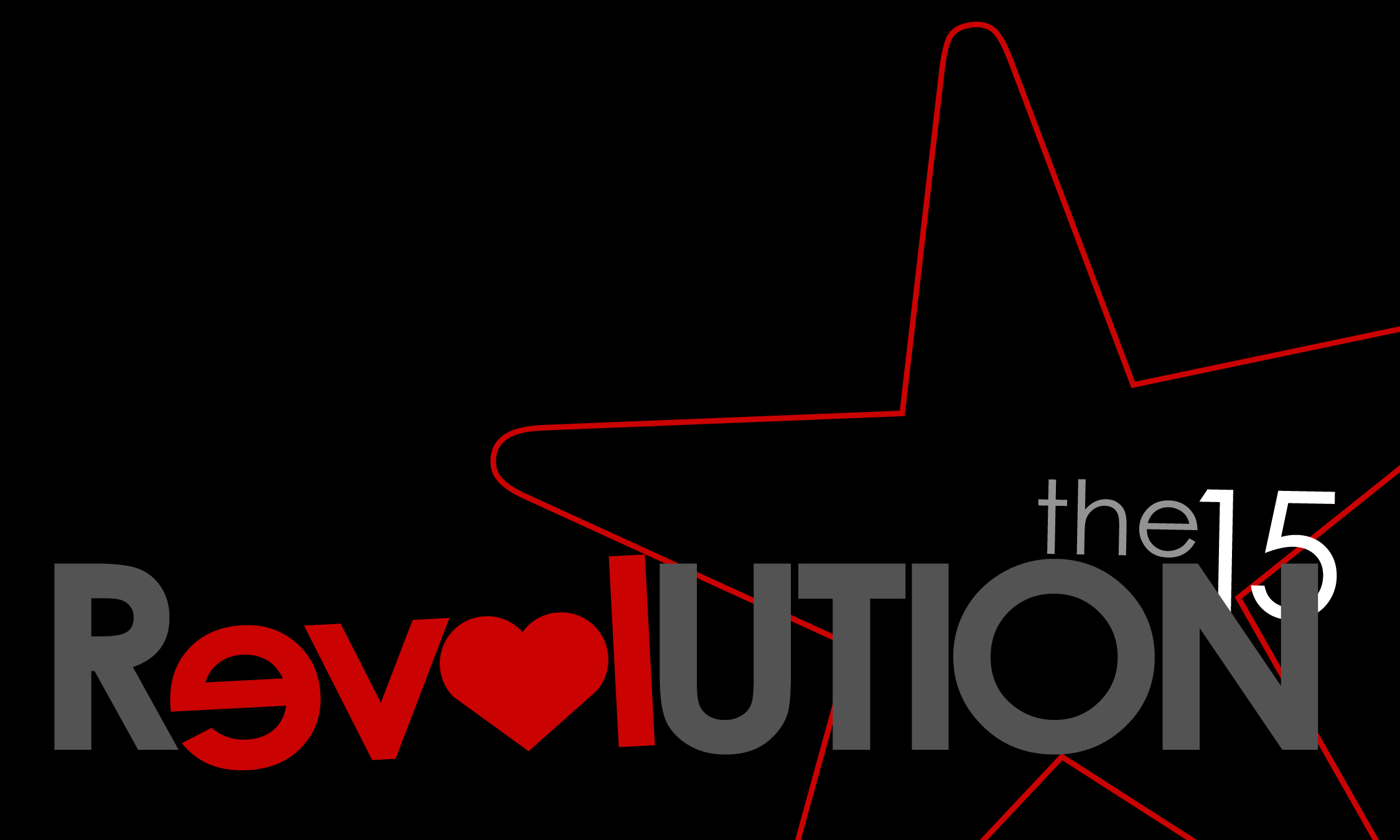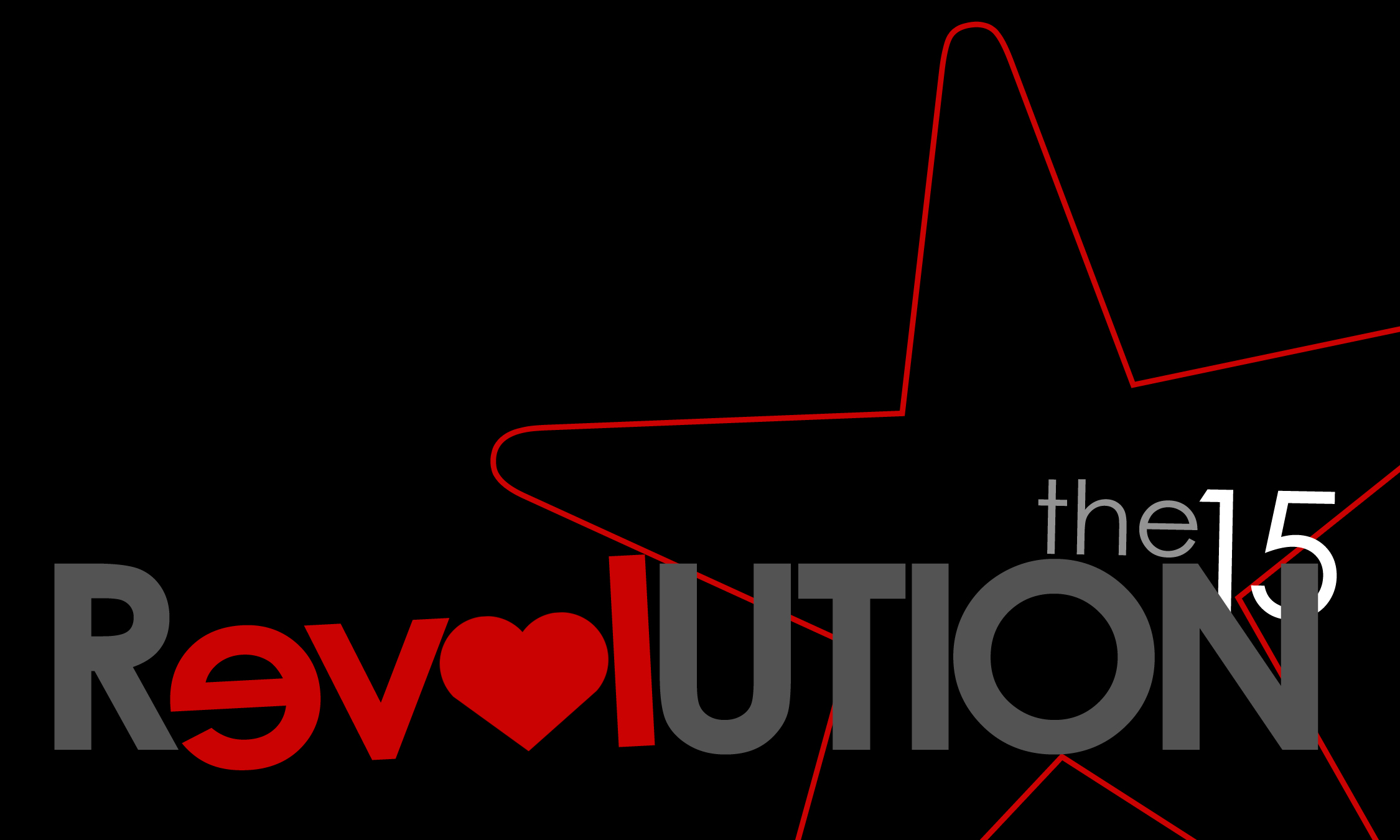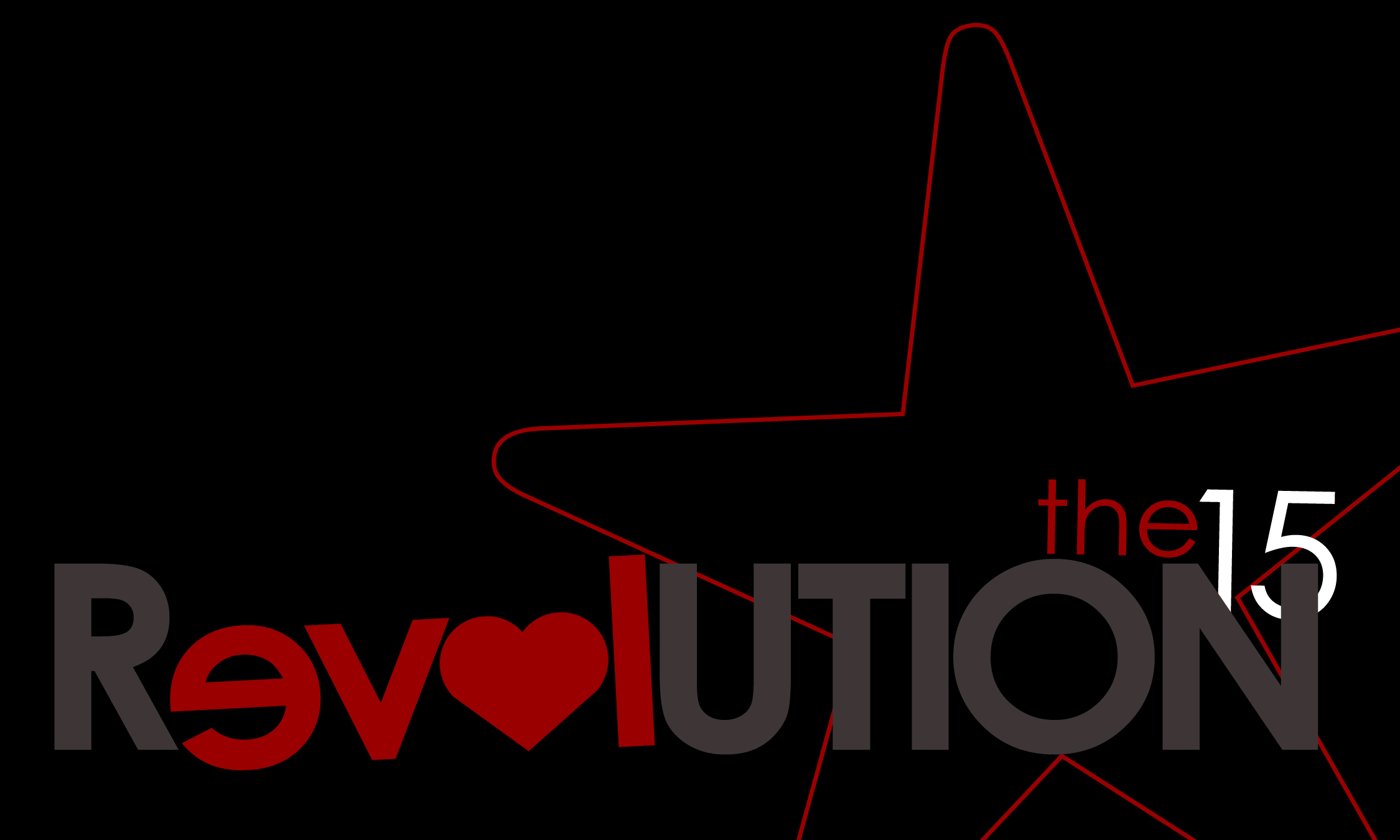Head on Swivel
Quoting from Paul Scanlon’s book The 15 Revolution:
The 15 Revolution is a revolution of love, interest and compassion for people.
It is learning to live, as it were, with your head on “swivel” as you begin to notice the people who were always there…
Evangelism without compassion is a loveless duty and compassion is not fueled by duty, but God’s amazing grace.
The 15 Revolution is all about increasing our personal compassion quota.
Helping others in any sustained way has to be compassion-driven.
Duty, obligation and guilt can all motivate us, but they lack long-term sustainability.
Compassion keeps us going in the face of a poor response.
Being a Christian places us in the privileged category of those whom God has been compassionate—that reality should be all the motivation we ever need to help someone else.
Compassion is fueled by empathy, a sense of walking in another person’s shoes. That empathy-fueled compassion then thinks about how to make those shoes easier to walk in.
Increased compassion makes us better people.
Compassion notices things, spots opportunities to help and looks for ways to ease suffering.
Compassion increases by helping others and forgetting about ourselves.

